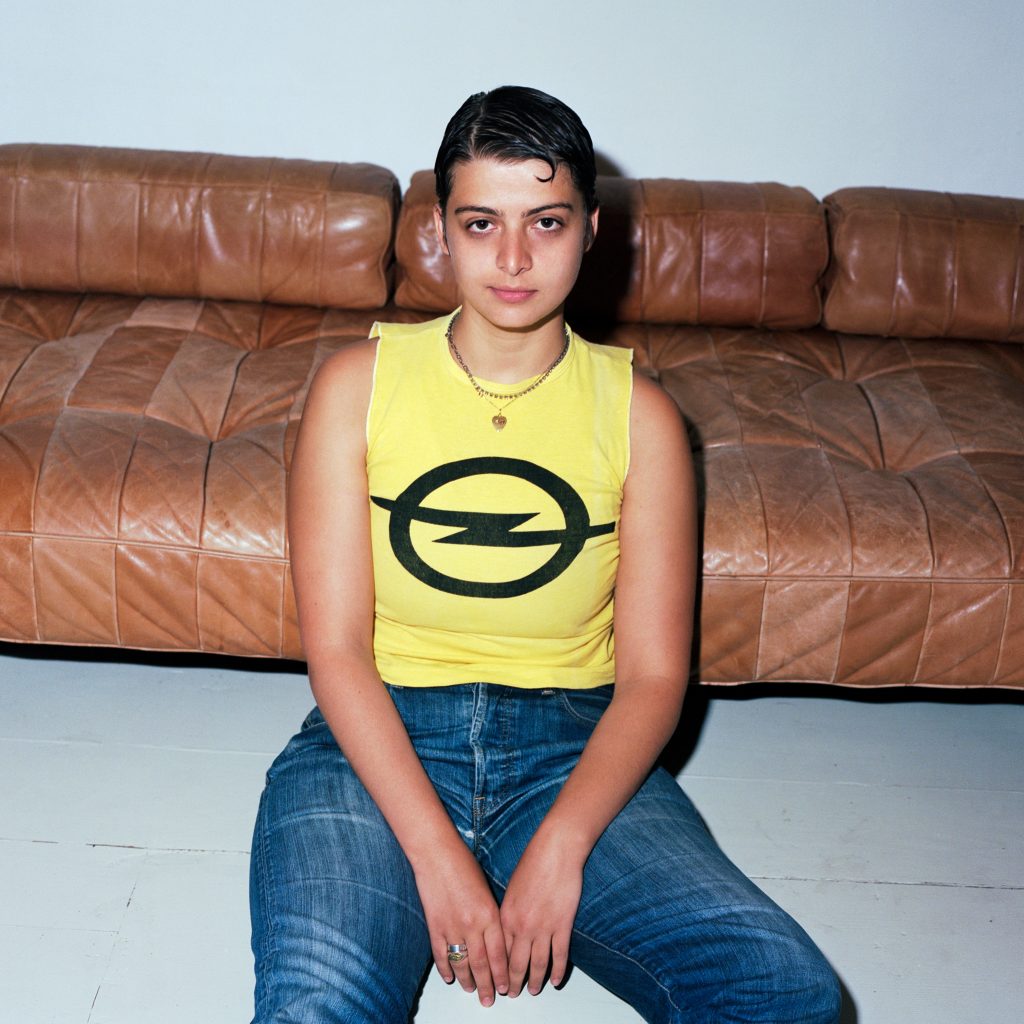02.10.2023
We talk to Emma Hütt, director of TR Warszawa’s latest premiere, about what she thinks the title City of Women is. We invite you to the premiere of the play on October 20th.

Read the whole interview
Where did the idea come from to reach for a text written in the Middle Ages?
My friend and dramaturg Leonie Hahn proposed me the Film from Fellini. Then i found out that its based on the work of Christine de Pisan. When I started reading The Book by Pisan, I thought shit we have been talking about the same thing for 600 years. So I wanted to continue working on it.
What other works of culture and pop culture are you inspired by when working on the show?
I always consume a lot of material for my work. It can be reels on Instagram or horror movies like PEARL. Most of the time I come across strange things on YouTube that stick with me, like a playlist of 250 videos of teenage girls crying that someone collected. Then I wanted to try something with growling, a singing technique from heavy metal. I love fairy tales and all forms of myths, for the show I had a look at a collection of Polish fairy tales. I almost read the hole Old Testament, In addition biographies of Christine De Pisan and ,,Beginnings’’ by David Graeber and David Wengrow. Virginie Despondes is always a companion for me. The theater pointed me to material like the classic Polish film Sexmission, Joan Mother of Angels and the book Matrix by Lauren Graff. These were nice references I wouldn’t have thought of myself.
What makes a city the City of Women?
For me, the beauty of the City of Women is that it doesn’t exist, it remains a fantasy, a place of longing or a nightmare. This is also very different in the team and nothing I want to or can answer definitively. We are in the middle of addressing this question in the piece. For Christine De Pisan it was a metaphor, something that happens in the head, a realization rather. Rather the struggle with one’s own demons and the questioning of what one has been taught.
About performance
Christine de Pizan wrote The Book of the City of Ladies in 1405 and was the first to challenge with such power the image of the world constructed and dominated by men. She was the first to give women a herstory by deconstructing stereotypes about them and drawing on examples of historical figures. She called for the creation of a fictional, utopian city, building it with a language and tools to fight for women’s self-determination.
In the play, Emma Hütt and her ensemble bring the figure of de Pizan to life. She sits at home and imagines three goddesses showing her the way to a world that does not seek to destroy others. The authoress imagines building a stronghold where women shall be safe. Who can build such a place and for whom? How can we avoid the same trap as the patriarchy falls into? Should we wait for the next revolution? Should we seek pleasure in trying to survive? Should we retreat or should we fight? We wish to examine what else we want to and can tell.
